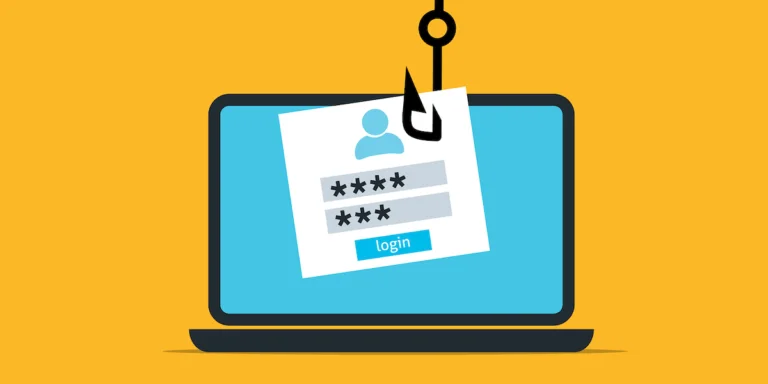Watch Now: Cloud Security Explained: How Safe Is Your Data?
As organizations increasingly migrate to the cloud for agility, scalability, and cost-efficiency, they also expose themselves to a new range of cybersecurity threats. From misconfigured storage buckets to unauthorized access and data leakage, cloud security has become a critical concern for businesses of all sizes.
While cloud providers offer a solid foundation, cloud security is a shared responsibility. To truly safeguard your digital assets, businesses must implement robust security measures to defend against breaches, ensure compliance, and protect sensitive data.
The Rising Importance of Cloud Security
Cloud computing brings a dynamic environment—resources are spun up and down in real-time, employees access services from various locations, and sensitive information often moves across hybrid infrastructures. These factors create a larger attack surface and make it essential to have strong cloud security protocols in place.
According to Gartner, over 95% of cloud security failures are caused by customer misconfigurations. That means proactive security strategies are essential.
Key Measures to Strengthen Cloud Security
Let’s break down some critical steps organizations should take to strengthen their cloud environments:
1. Data Encryption
Encrypt all data—both at rest and in transit—to prevent unauthorized access. Even if attackers intercept data, encryption renders it unreadable without the proper decryption keys.
Use industry-standard encryption protocols like AES-256 and enable encryption by default.
2. Strong Authentication and Identity Management

Implement multi-factor authentication (MFA) and role-based access control (RBAC) to ensure only authorized users can access cloud resources. Avoid using shared accounts and monitor login activities.
Use identity providers and single sign-on (SSO) solutions to manage user access securely.
3. Regular Security Patching and Updates
Outdated systems and applications are prime targets for attackers. Regularly apply security patches and updates to cloud-hosted software and operating systems.
Enable automated patch management wherever possible to stay ahead of vulnerabilities.
4. Configure Security Settings Properly
Misconfigured cloud services are one of the most common causes of data exposure. Review security settings for storage, databases, and access controls.
Conduct regular configuration audits using tools like AWS Config or Azure Security Center.
5. Monitor and Log Cloud Activity
Use cloud-native monitoring tools to track user activity, network traffic, and system behavior. Enable logging to identify suspicious actions and provide visibility during incidents.
Examples include AWS CloudTrail, Azure Monitor, and Google Cloud’s Operations Suite.
6. Backup and Disaster Recovery
Even with strong security, incidents can occur. Maintain regular backups and test your disaster recovery plan to ensure quick recovery from data loss or ransomware attacks.
Ensure backups are encrypted and stored separately from production systems.
Final Thoughts: Build a Security-First Cloud Strategy
Cloud computing offers tremendous benefits—but without the right security controls, it can become a liability. By embracing encryption, access control, patching, monitoring, and continuous auditing, organizations can ensure data integrity, availability, and confidentiality in their cloud environments.
As cloud threats continue to evolve, the key to security is vigilance and ongoing improvement. Treat cloud security as a continuous journey, not a one-time configuration.
Tags: #CloudSecurity #CloudComputingCybersecurity #DataEncryptionintheCloud #SecureCloudApplications #CloudAuthenticationBestPractices #CloudRiskManagement #Multi-FactorAuthenticationCloud #CloudInfrastructureSecurity #CyberThreatsinCloudComputing #PatchManagementforCloudSystems
At INFOCUS-IT, we specialize in advanced cybersecurity solutions—from threat detection and incident response to compliance and risk management. Whether you’re a small business or a large enterprise, our experts are here to protect what matters most.
Book your vulnerability scan now → infocus-it.com
📩 Support: support@infocus-it.com
📞 Helpdesk: +91-8178210903
hashtag#vapt hashtag#owasp hashtag#bugbounty hashtag#ethicalhacking hashtag#infocusit

